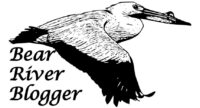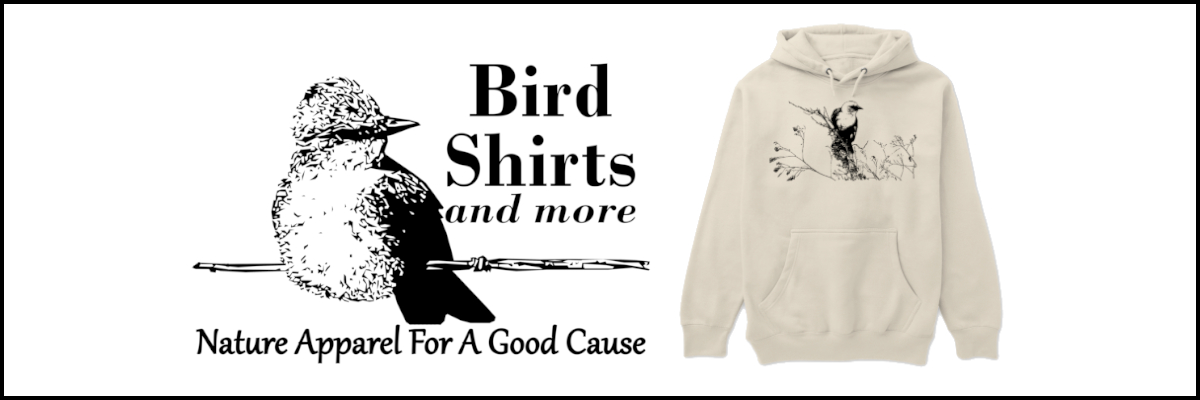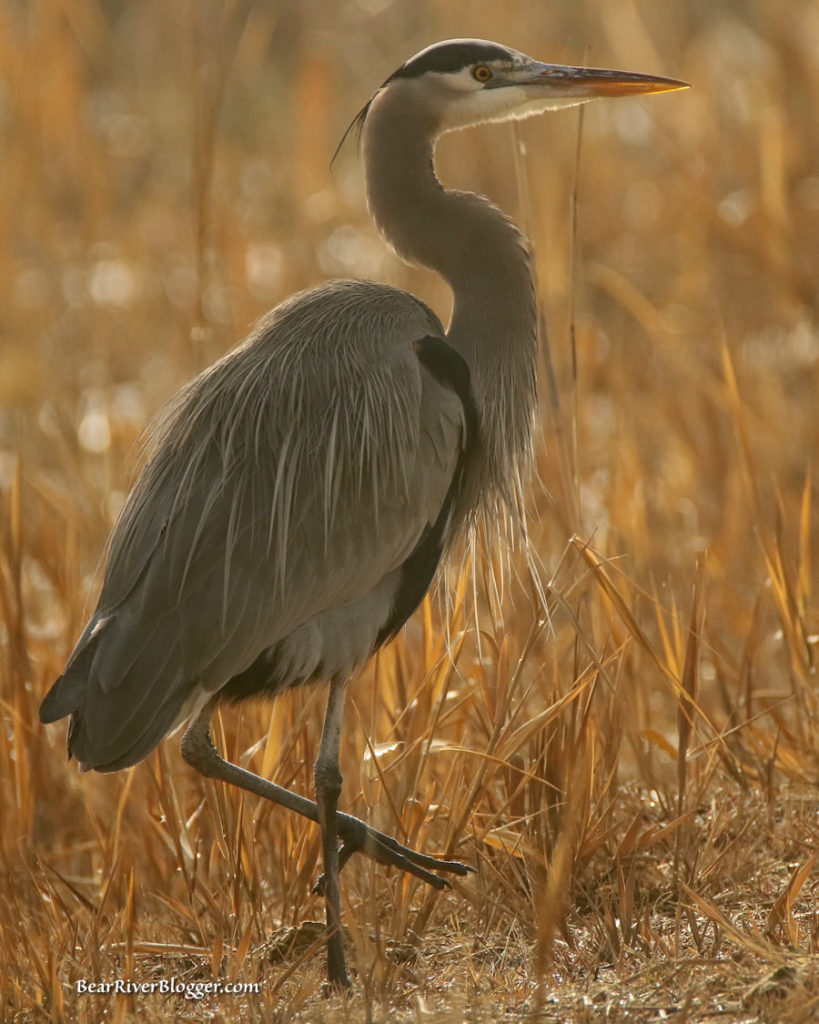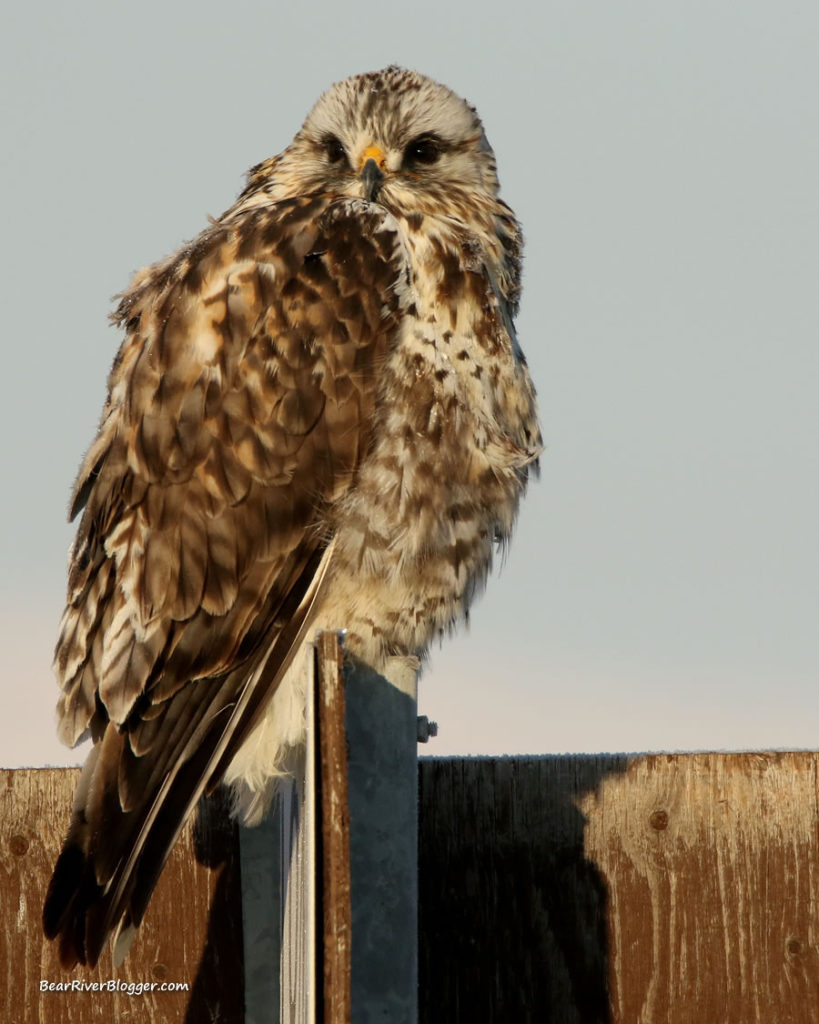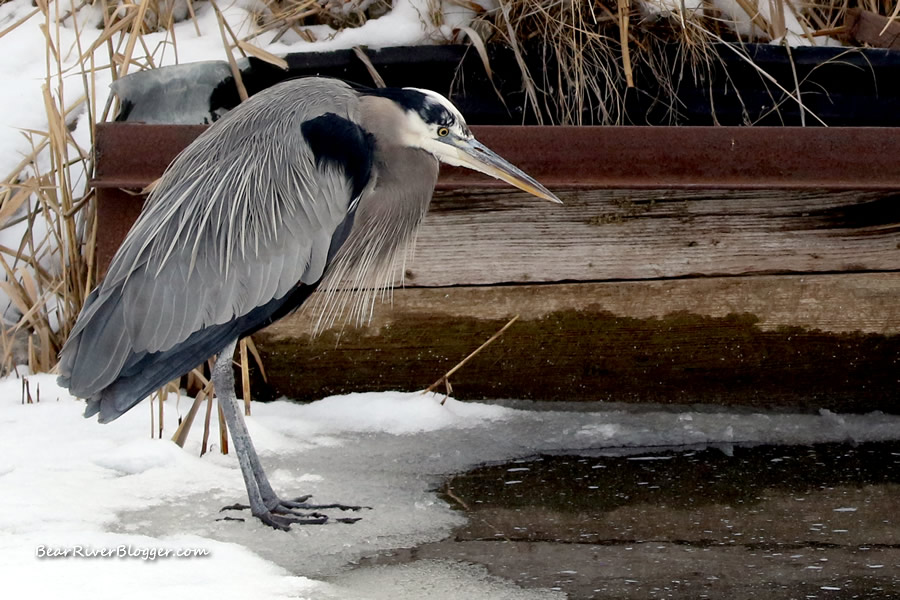I love a good challenge, especially with bird photography.
It’s a large part of what keeps me coming back, time and time again, to try and capture decent photographs of birds in natural settings like Farmington Bay.
Some wild birds are quite easy to photograph, like the yellow-headed blackbird, for example.
They seem to have little-to-no concern with me following them around as some kind of strange bird paparazzi, of sorts, for lack of a better term I guess.
But the American bittern is one bird that’s not only hard to find but can be difficult to capture a clean, unobstructed image as well.
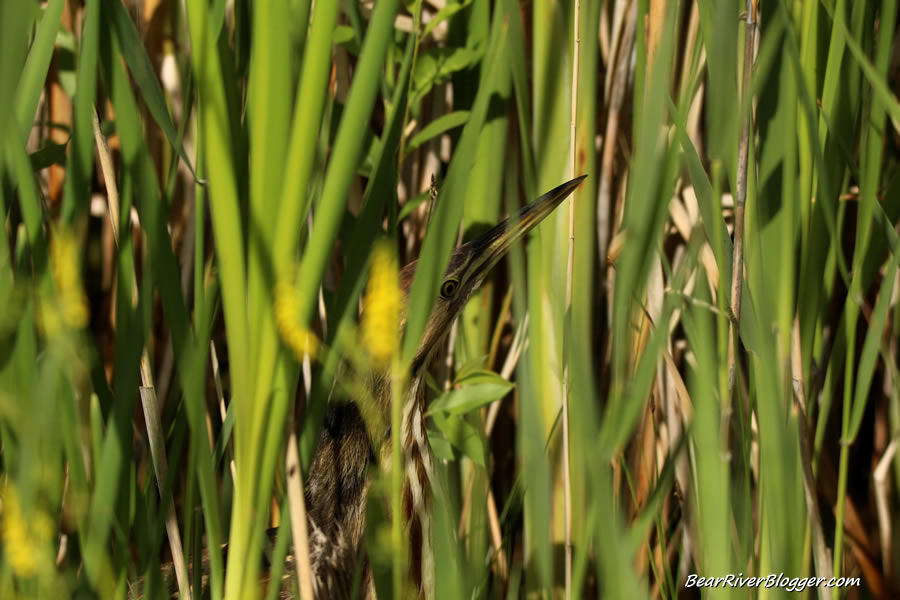
Yesterday, I was reminded of that notion while visiting Farmington Bay in an effort to capture a few good bird photos for this website.
As I was slowly driving the asphalt roadway, shockingly, an American bittern was standing out in the middle of the road, plain as day.
Now believe me when I say I can count on one hand and have five fingers left over how many times I have seen an American bittern out in the open like that, especially casually perched on a busy roadway like the main entrance to Farmington Bay Waterfowl Management Area.
By the time I was close enough to get a photograph, however, the stealthy bittern slinked back into the thick, weedy roadside canopy.
Challenge accepted as I was determined to get some kind of decent photograph of the bittern before he was too far embedded into the cattails.
(American Bittern Stalking The Weeds At Farmington Bay.
Don’t forget to subscribe to our Bear River Blogger YouTube channel for short nature clips such as this as well as periodic updates about the Bear River Migratory Bird Refuge.)
Fortunately, the American bittern gave little attention to my vehicle as it slowly stalked the nearby weeds, giving me not only a few moments of video but a couple close-up headshots as well.
American bitterns are commonly found in freshwater marshes and wetlands across most of North America during some part of the year as they migrate to the northern portions of the United States and most of Canada during the breeding season.
In Utah, Farmington Bay is one of many places the American bittern can be found during the summer months, but it’s not easy mind you.
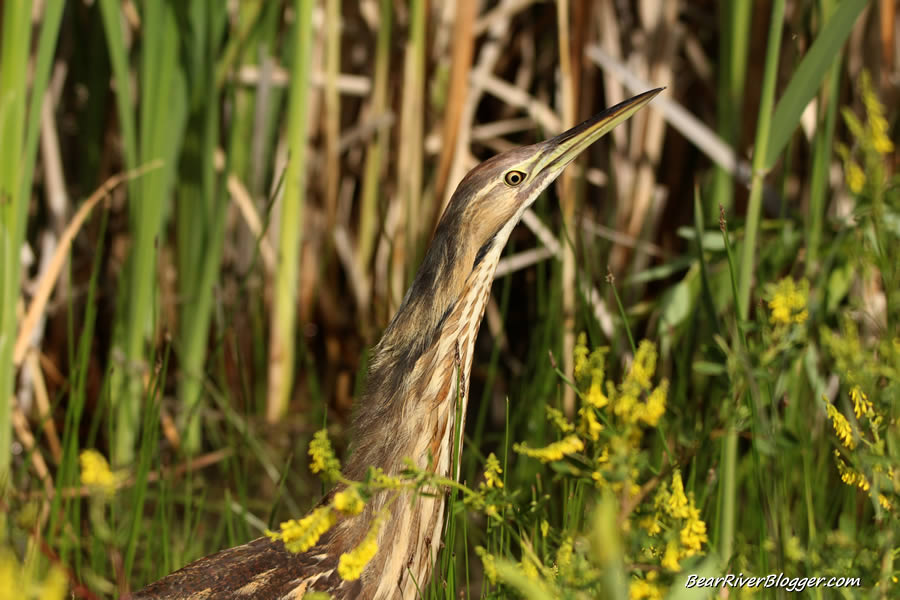
I frequent this particular nature preserve several times a week and have been going there for decades, in fact, but truth be told I rarely see more than one American bittern per year not only at Farmington Bay but anywhere on my photography excursions.
It’s not that they are uncommon or rare but rather American bitterns are just hard to find as they are very adept to “blend-in” with their surroundings.
Bitterns are well known to stand perfectly still in dense vegetation with their heads and necks straight up, blending in very well with the surrounding canopy and making it hard to find even when they are just a few yards away.
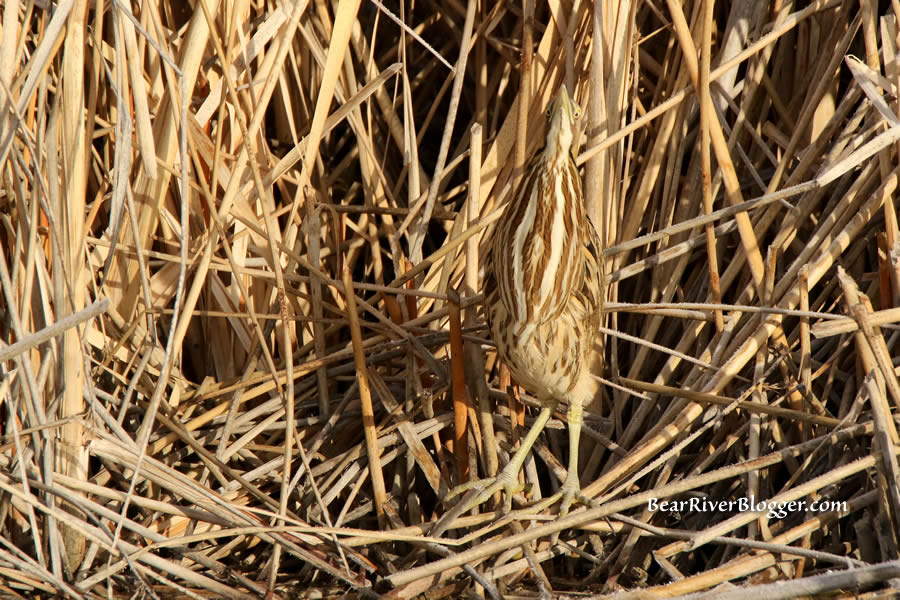
Like the great blue heron and great egret, the American bittern hunts small fish, crustaceans, snakes, amphibians, bugs, beetles, grasshoppers, and dragonflies by slowly stalking the shallow waters and short grasses.
But unlike those other fish-eating birds, the American bittern stays pretty close to the thick, heavy vegetation and rarely hunts out in the open like the great blue heron.
But like I said at the beginning of this blog post, it’s challenges like this that keep me coming back for more.
For anyone wanting to learn more not only about birds and bird watching locations here in Utah, I suggest heading over to our subscribe page and signing up for email notifications for future blog posts.
Bird T-shirts
Western Meadowlark T-shirt, available in a variety of colors and styles. Visit our online store for more information or to make a purchase, and use coupon code save20 for 20% off all our products for a limited time.
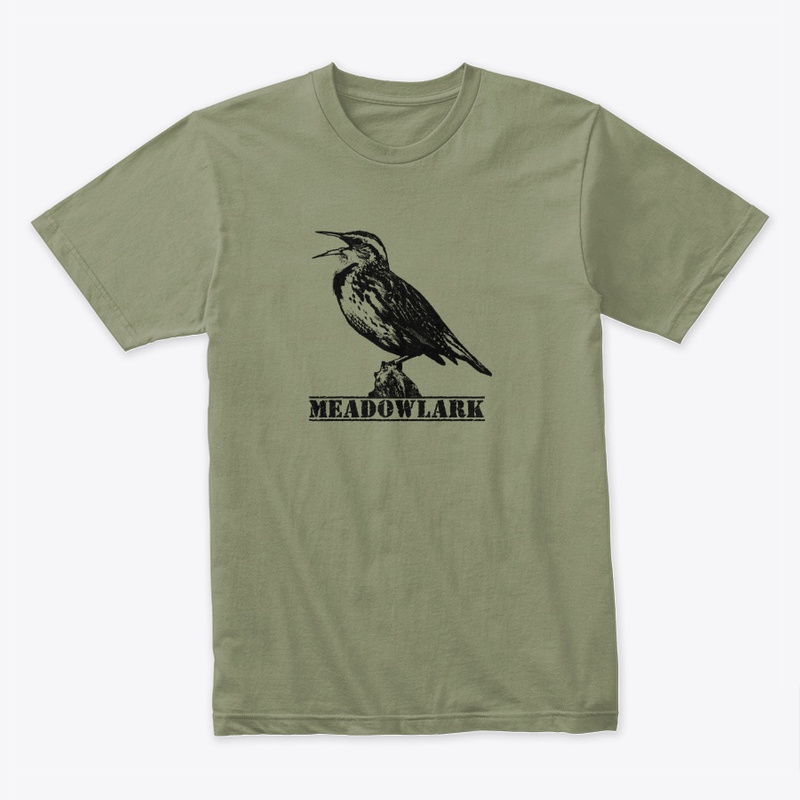
Every purchase you make helps keep this website going and we appreciate your support for our time and effort in blogging about nature on and off of the Bear River Migratory Bird Refuge.
